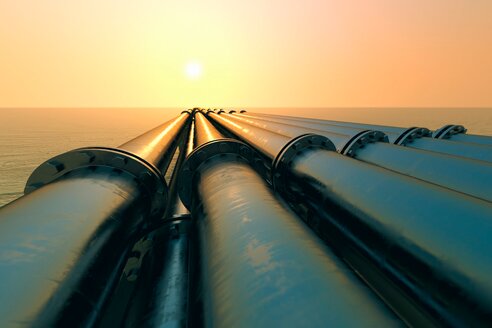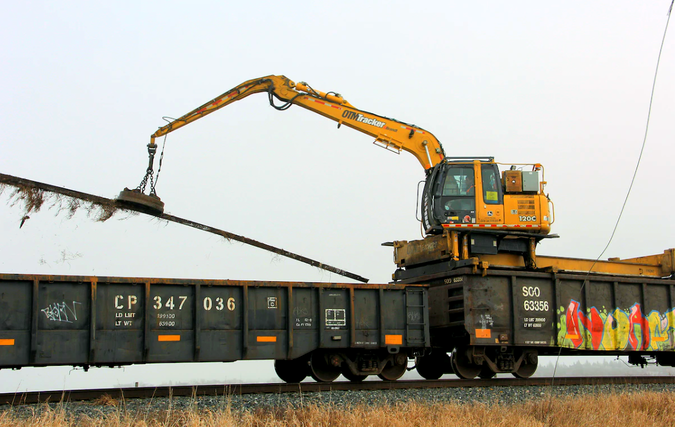February 2023 Pipeline Inspector Blog
February 17, 2023
Kinder Morgan Works to Resolve a Pipeline Leak
Houston- based pipeline operator Kinder Morgan works to resolve a pipeline leak at a California facility. The leak resulted in the shut down of the CALNEV and SFPP pipelines. The CALNEV pipeline transports gasoline, diesel, and jet fuel from marine terminals and refineries in the Los Angeles area all the way to Barstow, California and Las Vegas. A spokesperson for Kinder Morgan told news outlets that of the two pipelines that make up the CALNEV pipeline only the larger parallel 14 inch pipeline to las Vegas was shut down. The pipeline serves various airports and air force bases including Nellis Air Force Base, Harry Reid International Airport in Las Vegas, and Edwards Air Force Base in the Mojave Desert. The SFPP pipeline carries petroleum products from Los Angeles to phoenix and to other cities in California. Kinder Morgan reports that there are no injuries or fires as a result of the leak and that the appropriate authorities have been notified of the situation. Learn more here.
February 28, 2023
Are Pipelines Safer than Railways for Oil and Gas Transportation?
Are Pipelines Safer than Railways for Oil and Gas Transportation?
The two main transportation methods for oil and gas are railway and pipeline; as a result of various recent pipeline spills and railway accidents, the question of which is safer has recently become a hotly debated issue. Energy Industry expert Robert Rapier gives his thoughts on the issue and he asserts that volatile liquids and gasses should be transported through pipelines rather than railway. Rapier explains that while pipeline leaks garner a lot of attention from the press the accidents involving pipelines are actually much less severe than those that happen on railways. Moreover, he notes that railways present the added danger of not only a potential chemical spill but also train collisions of different sorts. Further he notes that pipelines are more much more convenient particularly for oil and gas because the use of these resources is common and widespread. Rapier presents various safety statistics related to the issue and concludes that its a no-brainer; Pipelines are the best and safest option to transport volatile liquids. Learn more here.


